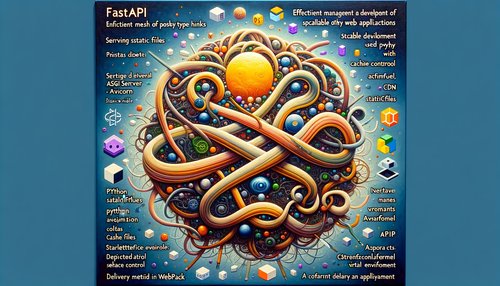Unlock the Power of React Components to Streamline Your Web Development Process
React is a powerful and versatile framework for creating user interfaces. It is used by thousands of developers around the world to build web applications with ease. One of the primary benefits of React is its ability to create components, which are reusable pieces of code that can be used to create different parts of a website or application. By leveraging the power of React components, developers can streamline their web development process and create higher quality apps in less time.
React components are self-contained pieces of code that can be reused throughout an application. Each component is responsible for a single task, such as displaying a list of items or handling a form submission. Components are written using a combination of HTML, CSS, and JavaScript, which makes them highly versatile and easy to customize.
Using React components to build websites and applications is a great way to speed up the development process. Since components are reusable, developers can quickly build complex user interfaces without having to write the same code over and over again. Additionally, components are highly maintainable, allowing developers to make changes to a component once and have it propagate across the entire application.
Another benefit of React components is that they can be used to create a component library. A component library is a collection of components that can be used across multiple applications. This eliminates the need to rewrite code for each application, making it easier to maintain and update components.
Finally, React components can be used to create a component-based architecture. This architecture allows developers to break down complex applications into smaller components that can be managed independently. This makes it easier to test and debug applications, as well as to add new features.
In summary, React components are a great way to streamline the web development process. By leveraging the power of components, developers can quickly create complex user interfaces, maintain them more easily, and create a component library that can be used across multiple applications.
import React from 'react';
// A reusable React component
const MyComponent = () => {
return (
<div>
<h1>My Component</h1>
<p>This is a reusable React component.</p>
</div>
);
};
export default MyComponent;
Recent Posts

Unlocking the Power of Terraform: Mastering Conditional Expressions for Smarter Infrastructure Automation

Unveiling the Future: Navigating the Public Interface of Apache Airflow for Streamlined Workflow Management
Apache Airflow
Mastering Workflow Automation: Unconventional Apache Airflow How-To Guides for the Modern Data Enthusiast
Apache Airflow
Mastering the Cloud: Unveiling AWS CloudFormation Best Practices for Seamless Infrastructure Management



